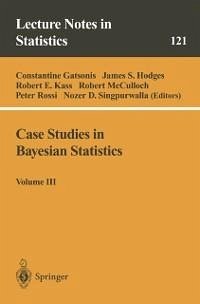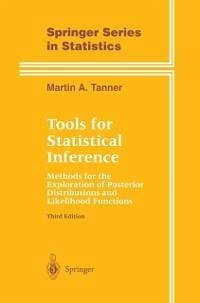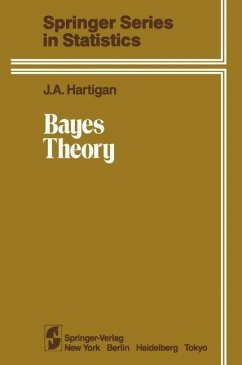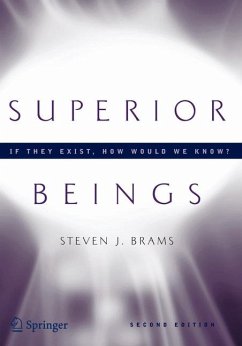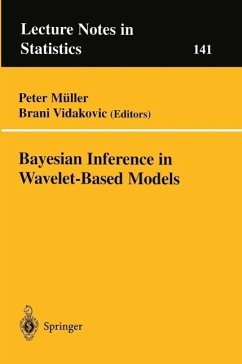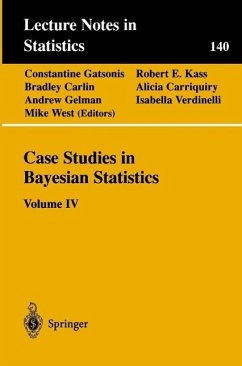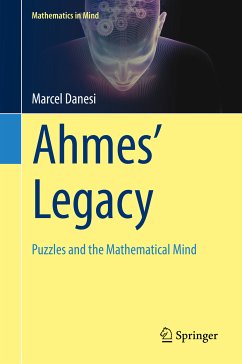
The Theory That Would Not Die (eBook, PDF)
How Bayes' Rule Cracked the Enigma Code, Hunted Down Russian Submarines, and Emerged Triumphant from Two Centuries of Controversy
Versandkostenfrei!
Sofort per Download lieferbar
59,95 €
inkl. MwSt.
Weitere Ausgaben:

PAYBACK Punkte
0 °P sammeln!
"This account of how a once reviled theory, Baye's rule, came to underpin modern life is both approachable and engrossing" ( Sunday Times). A New York Times Book Review Editors' Choice Bayes' rule appears to be a straightforward, one-line theorem: by updating our initial beliefs with objective new information, we get a new and improved belief. To its adherents, it is an elegant statement about learning from experience. To its opponents, it is subjectivity run amok. In the first-ever account of Bayes' rule for general readers, Sharon Bertsch McGrayne explores this controversial theorem and the...
"This account of how a once reviled theory, Baye's rule, came to underpin modern life is both approachable and engrossing" ( Sunday Times). A New York Times Book Review Editors' Choice Bayes' rule appears to be a straightforward, one-line theorem: by updating our initial beliefs with objective new information, we get a new and improved belief. To its adherents, it is an elegant statement about learning from experience. To its opponents, it is subjectivity run amok. In the first-ever account of Bayes' rule for general readers, Sharon Bertsch McGrayne explores this controversial theorem and the generations-long human drama surrounding it. McGrayne traces the rule's discovery by an 18th century amateur mathematician through its development by French scientist Pierre Simon Laplace. She reveals why respected statisticians rendered it professionally taboo for 150 years-while practitioners relied on it to solve crises involving great uncertainty and scanty information, such as Alan Turing's work breaking Germany's Enigma code during World War II. McGrayne also explains how the advent of computer technology in the 1980s proved to be a game-changer. Today, Bayes' rule is used everywhere from DNA de-coding to Homeland Security. Drawing on primary source material and interviews with statisticians and other scientists, The Theory That Would Not Dieis the riveting account of how a seemingly simple theorem ignited one of the greatest controversies of all time.
Dieser Download kann aus rechtlichen Gründen nur mit Rechnungsadresse in A, B, BG, CY, CZ, D, DK, EW, E, FIN, F, GR, HR, H, IRL, I, LT, L, LR, M, NL, PL, P, R, S, SLO, SK ausgeliefert werden.




